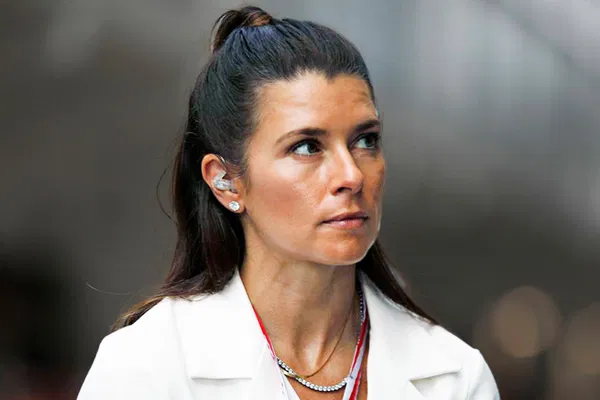Hello everyone.
We are one of only three teams to have accrued all possible points after the second week of Premier League games. The other two are Man City and goal-scoring Brighton. We obviously have a lot of room for improvement, but in terms of points, so far, so good.
I’ll admit, the red card given to Takehiro Tomiyasu still has me a little miffed. The majority of fans, I believe, would agree that minimizing time wastage is a good thing, but I’m having trouble visualizing how to solve the problem of extra added time + bookings. The yellow cards don’t make perfect sense if you’re already adding the time. Just tell them to get moving. Put the time in if they don’t. There is no advantage, and booking players over throw-ins—which are frequently difficult to execute in terms of finding a teammate—feels slightly performative to me.
Additionally, I believe goalkeepers are often the ones who waste the most time, especially when they have the ball in their possession. Regarding this, there is a real rule:.
If a goalkeeper commits any of the following offenses inside of their penalty area, they are given an indirect free kick.
- more than six seconds are spent controlling the ball with the hand or arm, followed by its release.
More often than not, goalkeepers keep the ball in their hands for much longer, but it is rarely penalized. The last time I witnessed it, I honestly can’t recall. On the other hand, taking a throw in has no set time limit. It appears to be up to the referee’s discretion. I went back to look and saw that Ben White only had the ball in his hands for 9 seconds before the referee deemed that it was too long and issued him a yellow card toward the end of the Nottingham Forest game for not taking one quickly enough. Other throws in that game, I’m sure, took much longer.
Tomiyasu had the ball for eight seconds on Monday night before being arrested. via @scottjwillis: Prior to the goal, Crystal Palace had throw-ins that took 27, 25, 22, and 22 seconds, while Arsenal had a throw-in that took 44 seconds but went unpunished.
In his post-game interview, Mikel Arteta made reference to it and essentially claimed that no one knows the rules regarding throw-ins. He questioned, “Is it 3 seconds?”.
Even though they have been informed that there will be a crackdown, there don’t seem to have been any specifics, which would have been very helpful.
It’s not that low, but what is the bar, and has anything similar been communicated to the players/clubs? Despite the fact that not all football players are intelligent, I believe that everyone can count to at least ten. If it’s 10.
The second thing about Tomiyasu’s dismissal that irritates me is related to the new rules that the PGMOL implemented at the beginning of the season. This is one of them:.
On “physical” difficulties, tolerance.
On the field, a higher threshold will be applied to “contact” between players in an effort to improve game flow and minimize stoppages. As a result, there should be fewer free-kicks awarded for incidents that might have been penalized for being excessively physical last season.
What about Tomiyasu and the second yellow, particularly in light of the challenge Ayew made on Saka while he was still on a first-half yellow? I think it should also prompt discussion about the impossibility of appealing two yellows if that was an instance of the referee exercising leniency due to these new edicts, as opposed to Tomiyasu, to whom it didn’t apply. Why is there no procedure for players who have been sent off for two yellows when Alexis Mac Allister’s red card has been overturned, which in my opinion is correct?
Even in the age of VAR, referees still make mistakes, so if an Independent Regulatory Commission can review and overturn a red card like Mac Allister’s, why can’t they review the weekend’s yellow cards and reach the same conclusions? Even if it’s just to double check that two yellows, which naturally result in a suspension, are entirely justified.
The rules are what they are, so I doubt it makes any difference right now, but every season we get these “let it flow” style amendments that give the appearance that officials are being proactive, but fundamental things like this stay the same. Not to mention that, after a few months, they typically fade away and we return to our previous state, at least until the beginning of the following season, when they introduce new nonsense.
However, despite the difficult conclusion to the game due to the red card, it’s good to complain after earning all three points at Selhurst Park. The manager will undoubtedly discuss it with his team before the weekend match against Fulham, but I’m interested to see how many other players are affected by these new standards. I would venture to say not many, but let’s wait until the upcoming weekend to find out.
Right, I’ll stop there for the time being. If you haven’t had a chance to listen, you can find the most recent Arsecast Extra below. Enjoy.
For more updates, we are at your service all day long and all night long.



